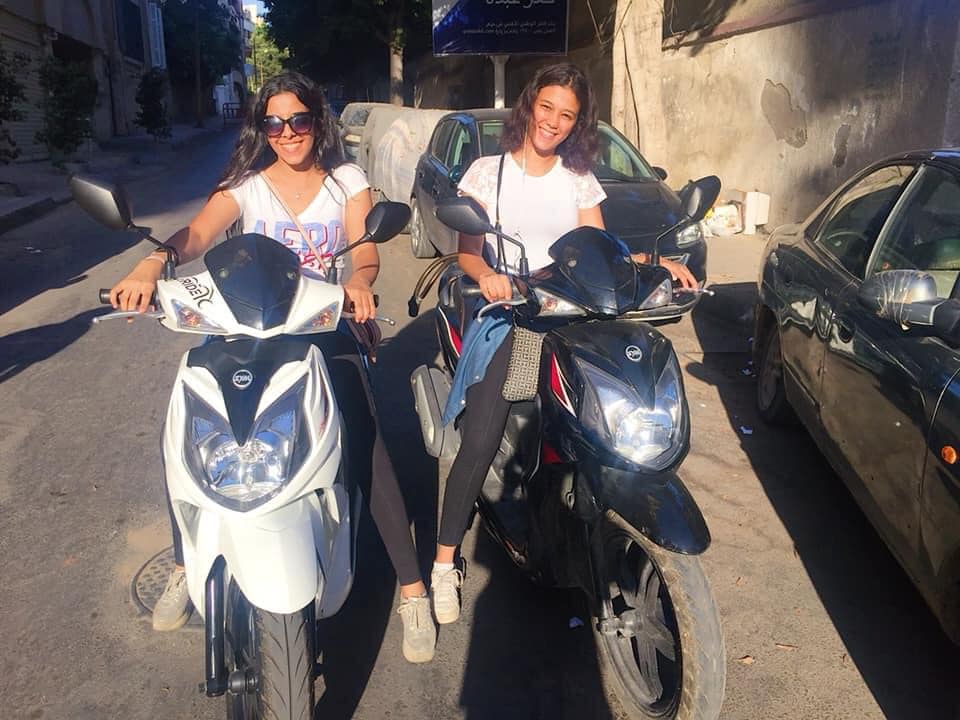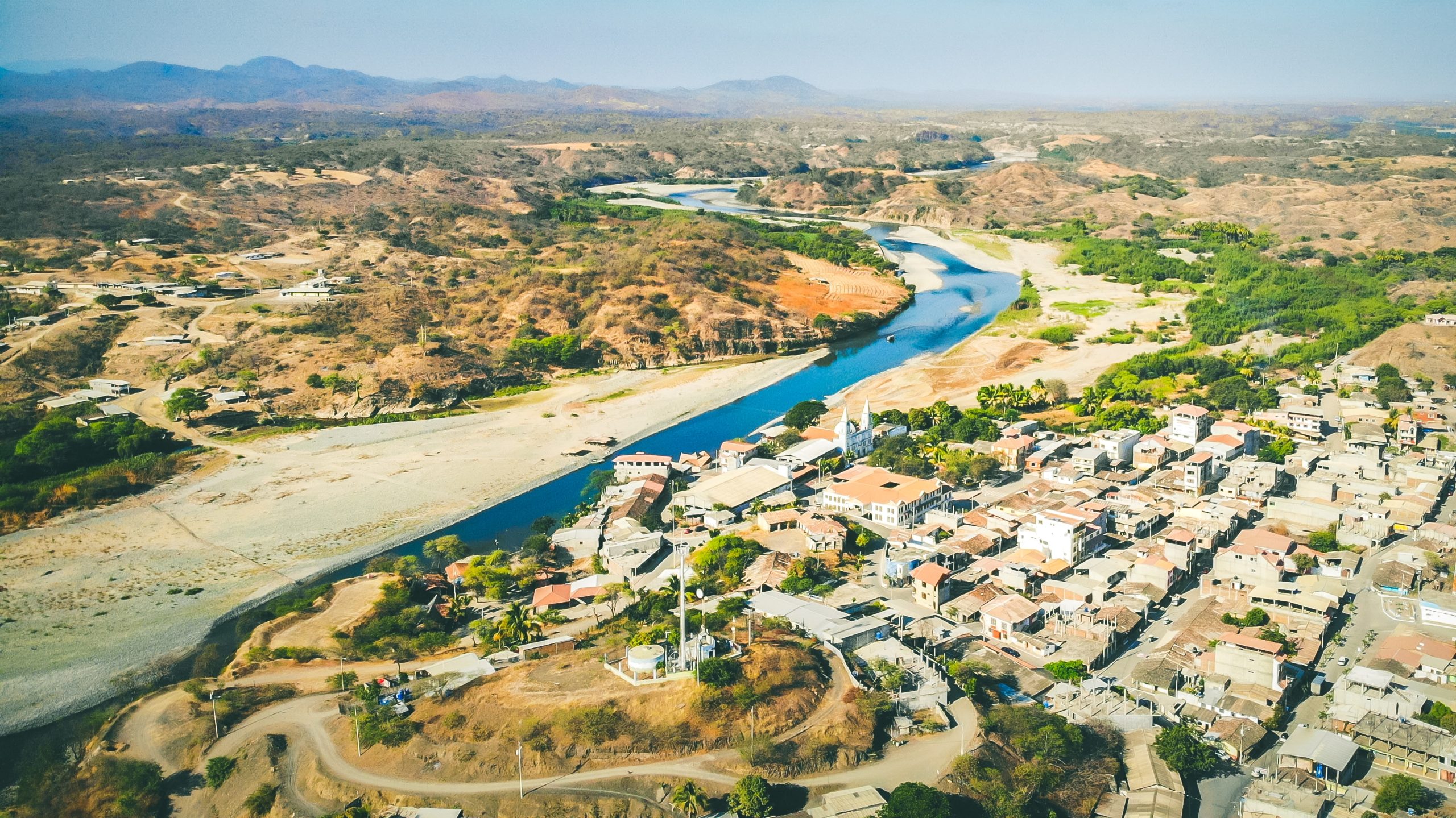Green Climate Network recently had the opportunity to interview Nouran Farouk, the visionary co-founder of Dosy Bikes a pioneering female-only mobility platform in Egypt and the MENA region. In this inspiring conversation, Nouran shared how Dosy Bikes is breaking barriers, empowering women through sustainable transport, and driving climate action by promoting clean, electric mobility. Nouran’s story highlights the power of innovation, inclusion, and environmental consciousness in shaping a greener, more equitable future:
1. Could you tell us more about how Dosy Bikes operates and what sets it apart
from other mobility initiatives in the region?
Dosy Bikes is the first female-only tech-based scooter and bicycle training platform in Egypt and
the MENA region. We connect women with certified female instructors through an easy-to-use
app where they can book, schedule, and pay for training sessions at their preferred location and
time.
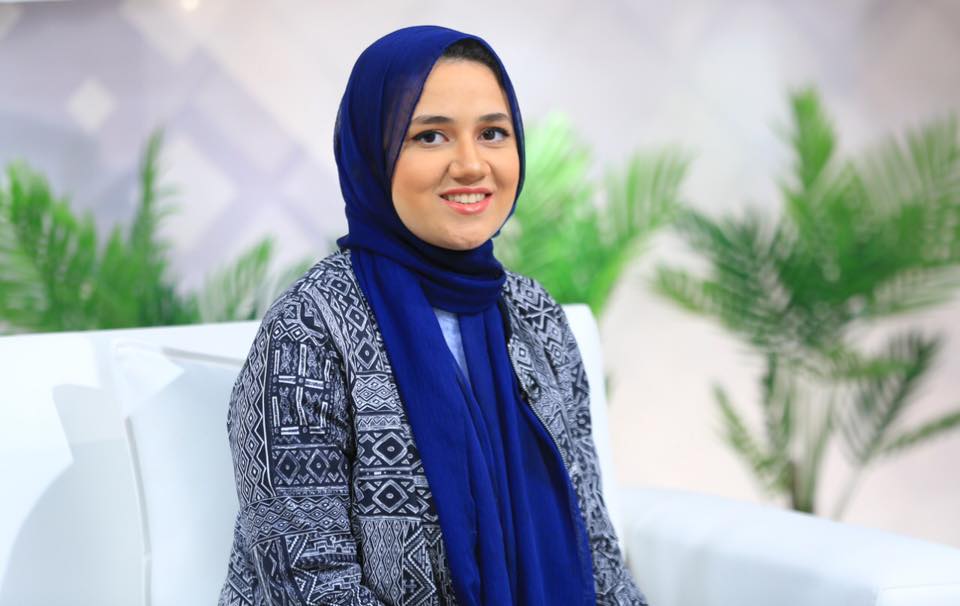
What truly sets us apart is our women-centered ecosystem , we don’t just teach women to ride;
we also create income opportunities for them as instructors and delivery riders. Dosy is now
expanding into a female-only scooter ride-hailing and delivery service, offering safe, affordable,
and eco-friendly transportation options. Unlike traditional mobility platforms, we combine
economic empowerment, sustainability, and safety redefining how women move and work.
READ MORE: Celebrating Women Youth Shaping Climate Policy and Action in Kenya
2. What inspired you to start Dosy Bikes, and how did the idea of combining
micromobility, women’s empowerment, and climate action come to life?
The idea was born out of a personal challenge. My sister and I wanted to learn how to ride
scooters, but we couldn’t find female instructors or a safe space to practice. That’s when we
realized there was a huge gap thousands of women wanted the same freedom but lacked
access, training, or social acceptance.

We decided to turn that barrier into an opportunity creating Dosy to empower women through
mobility. Over time, we integrated a climate-conscious mission, promoting electric scooters and
bicycles as sustainable alternatives that help reduce emissions and traffic. So Dosy became more
than a business it became a movement for freedom, inclusion, and sustainability.
3. What specific challenges were you hoping to solve when you launched the
platform?
We aimed to address three major challenges:
1. Gender barriers ; in Egypt, very few women ride scooters or bicycles due to
stereotypes, safety concerns, and lack of access to female trainers.
2. Unemployment among women ; particularly in male-dominated fields like logistics and
delivery.

3. Environmental challenges ; rising pollution and traffic congestion caused by
dependence on traditional vehicles.
Dosy tackles all three by creating a safe, empowering, and sustainable mobility ecosystem for
women, while promoting clean transport and green jobs.
4. How did your personal experiences shape your vision for sustainable urban
mobility in Egypt?
My personal experience as a physician and social entrepreneur made me realize that mobility is a
form of public health ,it affects access to education, work, and wellbeing. Experiencing
firsthand the lack of safe transport options for women inspired me to design a system where
mobility equals empowerment.
READ MORE: Kenya’s Top 25 Female Climate Champions to Watch in 2025
As an Egyptian woman, I also wanted to challenge the narrative that riding scooters or bicycles
is “not for women.” My vision is to make sustainable urban mobility inclusive, accessible, and
empowering where women lead the change toward greener, more resilient cities.
5. How does Dosy Bikes contribute to Egypt’s and the MENA region’s broader
climate goals?
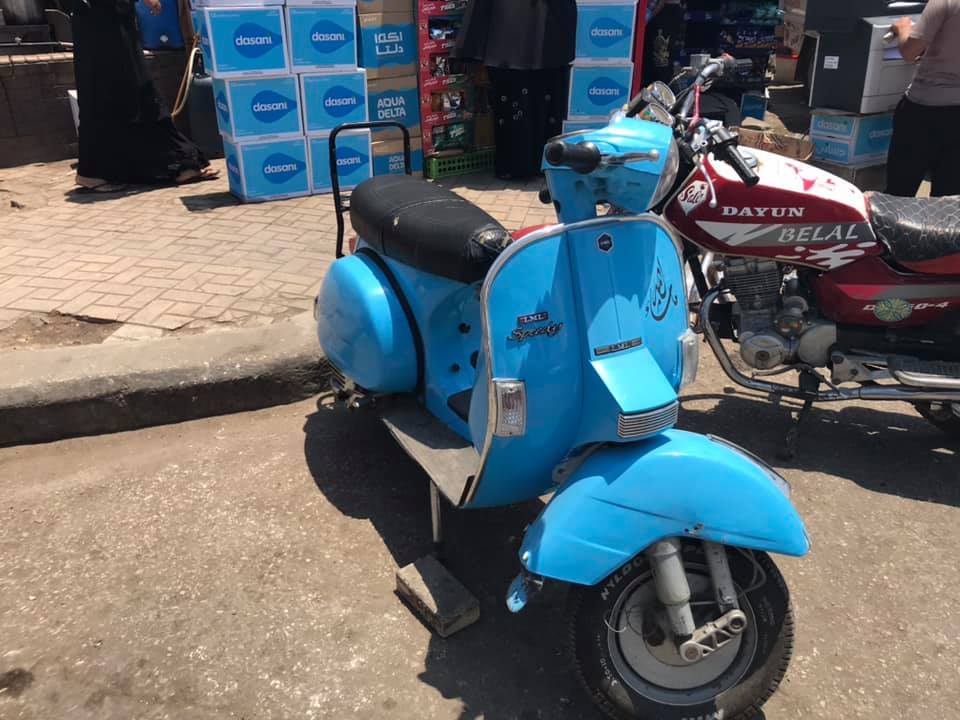
Dosy directly supports Egypt’s Vision 2030 and National Climate Change Strategy 2050, which
emphasize sustainable mobility and emission reduction. By promoting electric scooters and
bicycles, we help reduce reliance on fuel-based transport and lower urban emissions.
We also raise awareness about green mobility, educate women on sustainable practices, and
encourage eco-friendly transportation choices. Our goal is to prove that social empowerment and
environmental sustainability can reinforce each other driving both climate action and
inclusive growth in MENA.
6. In your view, why is sustainable mobility key to building climate-resilient cities?
Sustainable mobility is at the heart of climate-resilient urban systems. Cities cannot be resilient if
transportation remains polluting, unsafe, or unequal.
By shifting toward low-emission, inclusive mobility models, we reduce pollution, improve air quality, and increase community health and productivity.
When women and youth participate in that transformation, we unlock social resilience as well
because empowered citizens are essential for building adaptable, climate-conscious societies.
7. What measurable environmental or social impact have you achieved so far, particularly in reducing emissions or creating green jobs?
Our impact is both social and environmental:
• We’ve trained over 8,000 women to ride scooters and bicycles, giving them the
confidence and skills to move freely and safely.
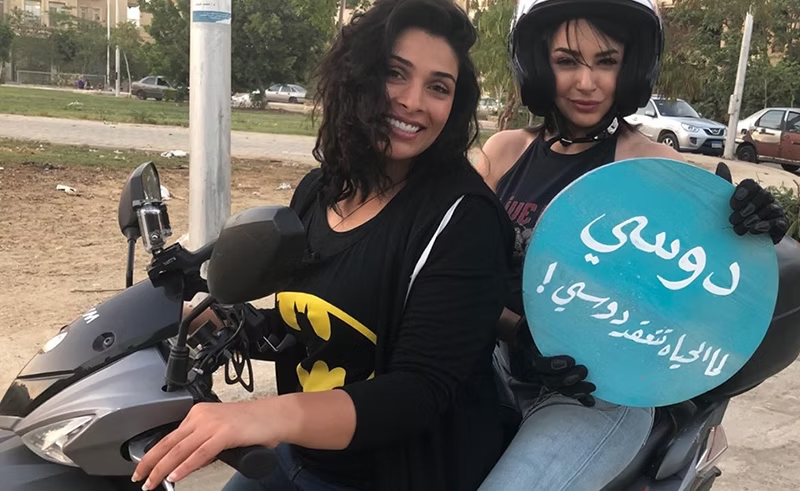
• We’ve created more than 3,000 jobs for women as instructors, mechanics, or delivery
riders in a market that was previously 100% male-dominated.
• Through our electric scooter partnerships, we’ve helped reduce an estimated 500 tons of
CO₂ emissions, contributing to cleaner air and greener cities.
This shows that empowering women isn’t just social progress it’s also climate action in
motion.
8. What are your future goals for scaling Dosy Bikes within Egypt and beyond?
Our vision is to expand Dosy across Africa and the Levant, starting with Jordan, Togo, and India
countries facing similar challenges in women’s mobility and climate adaptation.
In Egypt, we’re now scaling our female-only ride-hailing service and preparing to launch Dosy
Courier, an all-women green delivery network. Our long-term goal is to create 1 million green
jobs for women in the micromobility and delivery sectors, making Dosy a regional model for
sustainable, inclusive transport.
9. How do you see the role of women evolving in the green economy, especially in the transport and innovation sectors?
Women are no longer just beneficiaries of the green economy , they are drivers of
transformation. In sectors like mobility, energy, and tech, women bring innovation, empathy, and
resilience.
Through Dosy, we’re proving that women can lead the transition to sustainable transport, not
only as users but as creators, instructors, engineers, and entrepreneurs. When women are
included, the green economy becomes more inclusive, balanced, and impactful.
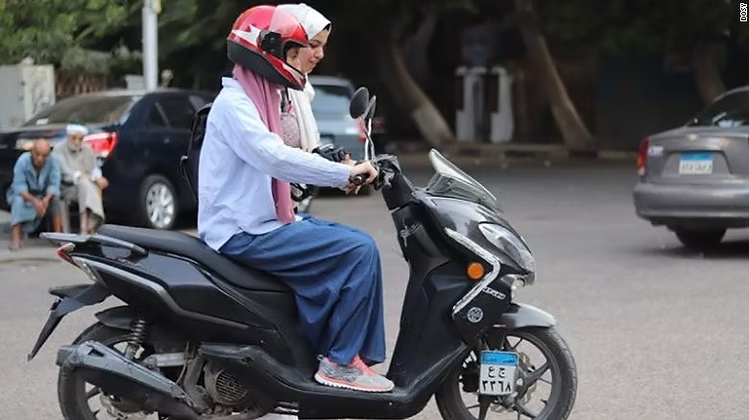
10. Finally, what message would you like to share with young women aspiring to
lead in climate action and entrepreneurship?
My message is simple: start where you are. Don’t wait for perfect conditions or approval
change begins with a small, brave step. Believe that your voice and ideas matter. The climate crisis needs diverse, courageous leaders, and women are essential to that mission.
If I could build Dosy from a simple idea into a movement empowering thousands, then every
young woman has the power to turn her vision into impact. The future of climate action is
female, innovative, and unstoppable.

